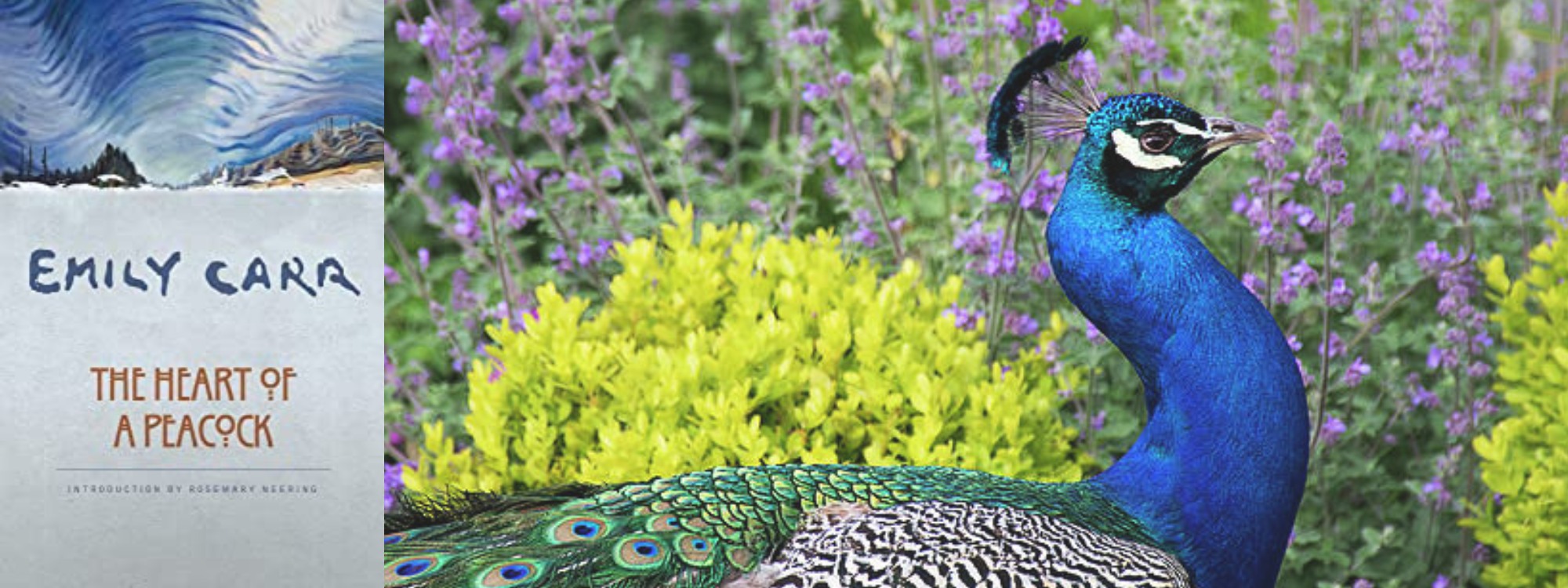I owned a small apartment house, living myself in one of the suites. My suite had a large studio with a long stair down to my garden. The small garden in front was for tenants. The big garden behind was mine. Behind it again were yards and my kennel of griffon dogs. Being a landlady was never agreeable to me, but having a kennel of griffons was joy.
When my tenants heard that I had acquired a monkey they looked at one another.
“It will smell,” announced Mrs Smith.
“It will run amuck—destroy,” asserted Mrs Jones.
“Screech and bite!” said Mrs Robinson. They waited and watched, and none gave notice. In the thirteen years Woo lived in my apartment house, no tenant ever had reason to complain about Woo. An old lady rose from her bed at three one morning, groped her way to the basement because she heard the monkey cry out. I was away once and a man tenant sat on Woo’s basement woodpile daily.
“She was lonesome,” he said.
Ladies donated small mirrors from old vanity-cases, cherries, grapes, candies—monkey-loved dainties. Woo found her way to all hearts—merry, unexpected Woo! Her quick actions, her unpredictable quality attracted people. Woo wove herself into the atmosphere of 646 Simcoe Street, accepting attention with regal indifference.
As soon as Woo became used to her chain, I led her down to the dog yard to meet my griffons. The rush of dogs checked when they saw her. Woo scrambled to my shoulder screeching. The dogs stood circled in amazement at this queerness clinging to my collar with almost human hands! Dog noses wiggled at her foreign scent. They resented her cling to me. Woo gripped my collar with a foot, leaving both her hands free to beat at the dogs.
They kept their distance—she had to content herself by making grimaces at them. Then she saw the earth and scrambled down in an ecstasy of joy, feeling, smelling, tasting the delight of soil and grass after cage confinement! She turned the stones over and found earwigs and beetles, crunched them with keen relish—dogs were forgotten. I chained her to the fence while I did kennel chores.
When the monkey’s appetite for insects was sated, she sat down and looked about her. The dogs, attending to their own affairs, had forgotten her and tumbled over each other in play. Woo, watching, felt lonely, isolated. She stretched out a tiny black-palmed hand and with careful precision selected a young dog of about her own size, caught his stubby tail in both her hands and dragged the surprised pup to her side. A smart twist and she had turned him right about, loosing her grip on his tail to seize his whiskers. Levelling her eyes to his, Woo stared straight into them, mouth open, eyes glaring.
The pup did not flinch but gave her stare for stare. The human grip of those hairy little hands made an impression. The pup (Ginger Pop) sat down beside Woo. She let go of his whiskers and began to attend to his coat, parting the hair, combing it through her fingers, searching among it for tiny flakes of skin that have a salty taste. (It is for these that monkeys are always searching, not, as is generally supposed, for fleas.) Ginger Pop loved the feel of her gentle hands. From that day he and Woo were inseparable companions, romping and playing like a couple of puppies. The rest of the dogs Woo ignored and they kept at a respectful distance from her gripping fingers and nipping teeth.




0 comments